“He has left many manga titles and works of art to this world,” the statement read. “Thanks to the support of so many people around the world, he has been able to continue his creative activities for over 45 years.”
Toriyama was born in Nagoya, Japan in 1955. After drawing throughout his childhood, he decided to forgo tertiary education and, after high school, began to work at an advertising agency where he designed posters.
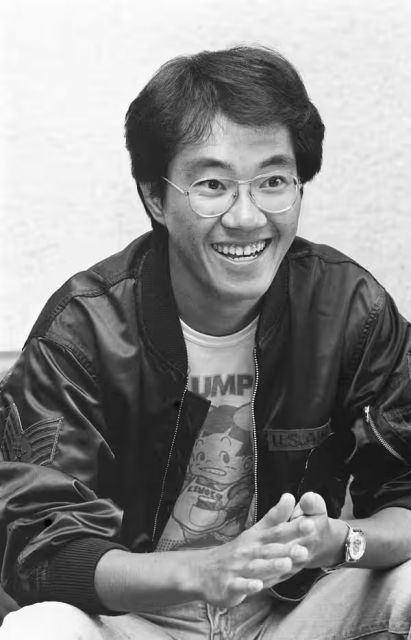
His first brush with the manga industry came at age 23 when he entered a piece into a contest run by a weekly manga magazine. It didn’t work out – but he soon began sending in drawings to a different publication: Weekly Shōnen Jump.
In 1978, that magazine ran Toriyama’s first published work, titled Wonder Island. Both Wonder Island and its sequel, Wonder Island 2 – which referenced the screen culture of the time, including Dirty Harry and the sci-fi franchise Ultraman – were unpopular among readers.
Undeterred, he kept drawing and in 1980 produced a breakout hit: Dr Slump, a comedy about a robot girl and her trials and travails as she interacts with the world around her.
Serialised in Weekly Shōnen Jump until 1984, it ended up earning him one of Japan’s highest manga honors – a Shogakukan manga award. An anime adaptation soon began airing on television, and Toriyama founded Bird Studio off the back of his early success.
In 1982, he married fellow manga artist Yoshimi Katō, with whom he would have two children. He kept his personal life mostly private – and often used a cyborg avatar called Robotoriyama to represent himself.
In 1984, Toriyama created Dragon Ball, the property that would bring him international recognition and make him one of Japan’s highest-selling manga authors.
Based on an earlier work titled Dragon Boy, Dragon Ball was serialized in 519 chapters in Weekly Shōnen Jump from 1984 to 1995 and birthed a blockbuster franchise including an English-language comic book series, five distinct television adaptations – with Dragon Ball Z the most familiar to western audiences – and spin-offs, over 20 different films and a vast array of video games.
The series – a kung fu take on the shōnen (or young adult) manga genre – drew from Chinese and Hong Kong action films as well as Japanese folklore. It introduced audiences to the now-instantly familiar Son Goku – a young martial arts trainee searching for seven magical orbs that will summon a mystical dragon – as well as his ragtag gang of allies and enemies.
After the conclusion of Dragon Ball’s initial run in 1995, Toriyama continued consulting on and promoting the franchise, as well as working on much shorter projects, sometimes outside the world of manga. He also contributed his distinctive artwork to the influential video game series Dragon Quest and Chrono Trigger, among others.
Drawing from his lifelong love of automobiles, he designed an electric car that was released by Japan’s CQ motors in 2005 – what he later called “a very emotional journey”.
In later years, he returned to the Dragon Ball franchise, working on several film adaptations including as an early consultant on 2012’s Dragon Ball Z: Battle of Gods and a screenwriter on 2018’s Dragon Ball Super: Broly and 2022’s Dragon Ball Super: Super Hero.
Bird Studio wrote in their statement that Toriyama had a small funeral with family and asked fans not to send flowers or other offerings.
“Plan for commemorate gathering is not decided,” they wrote. “We will let you know when it’s confirmed.”
“He has left many manga titles and works of art to this world,” the statement read. “Thanks to the support of so many people around the world, he has been able to continue his creative activities for over 45 years.”
Toriyama was born in Nagoya, Japan in 1955. After drawing throughout his childhood, he decided to forgo tertiary education and, after high school, began to work at an advertising agency where he designed posters.

His first brush with the manga industry came at age 23 when he entered a piece into a contest run by a weekly manga magazine. It didn’t work out – but he soon began sending in drawings to a different publication: Weekly Shōnen Jump.
In 1978, that magazine ran Toriyama’s first published work, titled Wonder Island. Both Wonder Island and its sequel, Wonder Island 2 – which referenced the screen culture of the time, including Dirty Harry and the sci-fi franchise Ultraman – were unpopular among readers.
Undeterred, he kept drawing and in 1980 produced a breakout hit: Dr Slump, a comedy about a robot girl and her trials and travails as she interacts with the world around her.
Serialised in Weekly Shōnen Jump until 1984, it ended up earning him one of Japan’s highest manga honors – a Shogakukan manga award. An anime adaptation soon began airing on television, and Toriyama founded Bird Studio off the back of his early success.
In 1982, he married fellow manga artist Yoshimi Katō, with whom he would have two children. He kept his personal life mostly private – and often used a cyborg avatar called Robotoriyama to represent himself.
In 1984, Toriyama created Dragon Ball, the property that would bring him international recognition and make him one of Japan’s highest-selling manga authors.
Based on an earlier work titled Dragon Boy, Dragon Ball was serialized in 519 chapters in Weekly Shōnen Jump from 1984 to 1995 and birthed a blockbuster franchise including an English-language comic book series, five distinct television adaptations – with Dragon Ball Z the most familiar to western audiences – and spin-offs, over 20 different films and a vast array of video games.
The series – a kung fu take on the shōnen (or young adult) manga genre – drew from Chinese and Hong Kong action films as well as Japanese folklore. It introduced audiences to the now-instantly familiar Son Goku – a young martial arts trainee searching for seven magical orbs that will summon a mystical dragon – as well as his ragtag gang of allies and enemies.
After the conclusion of Dragon Ball’s initial run in 1995, Toriyama continued consulting on and promoting the franchise, as well as working on much shorter projects, sometimes outside the world of manga. He also contributed his distinctive artwork to the influential video game series Dragon Quest and Chrono Trigger, among others.
Drawing from his lifelong love of automobiles, he designed an electric car that was released by Japan’s CQ motors in 2005 – what he later called “a very emotional journey”.
In later years, he returned to the Dragon Ball franchise, working on several film adaptations including as an early consultant on 2012’s Dragon Ball Z: Battle of Gods and a screenwriter on 2018’s Dragon Ball Super: Broly and 2022’s Dragon Ball Super: Super Hero.
Bird Studio wrote in their statement that Toriyama had a small funeral with family and asked fans not to send flowers or other offerings.
“Plan for commemorate gathering is not decided,” they wrote. “We will let you know when it’s confirmed.”
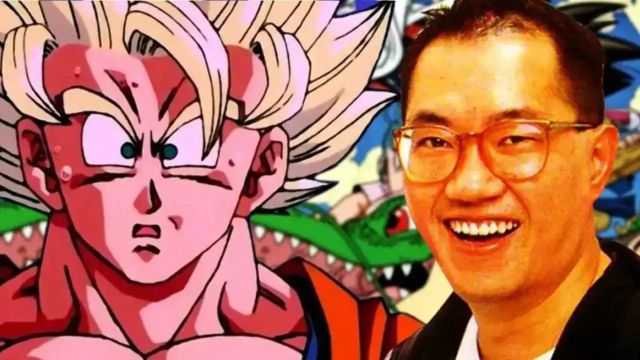
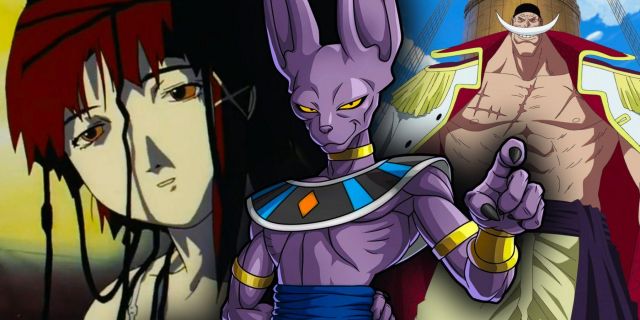
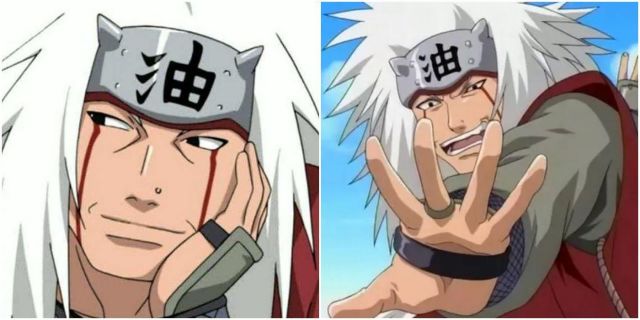
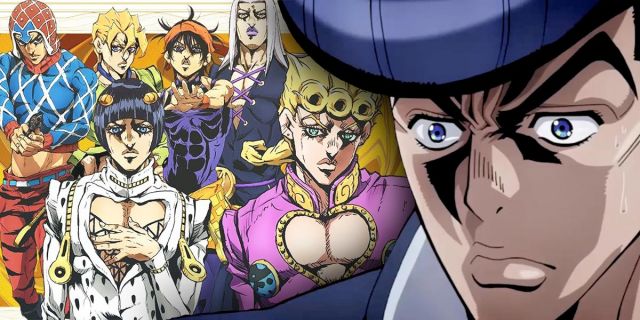
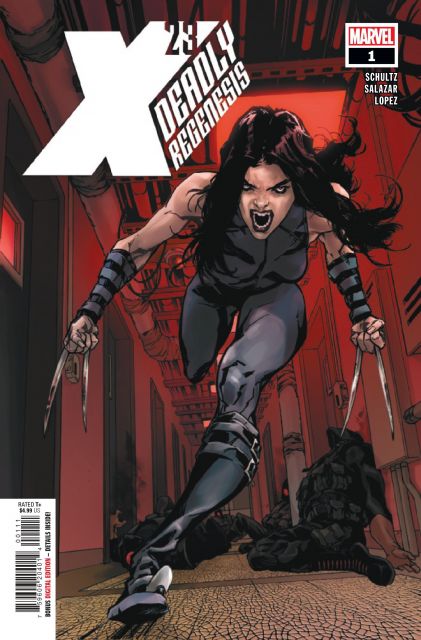
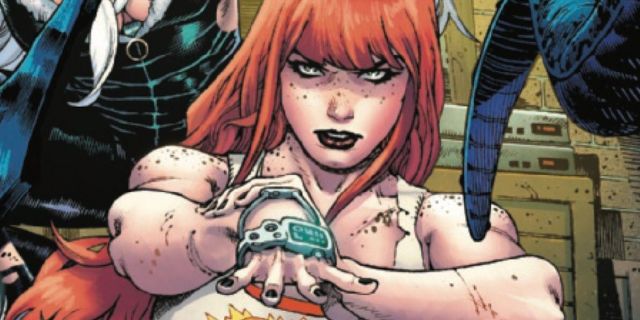
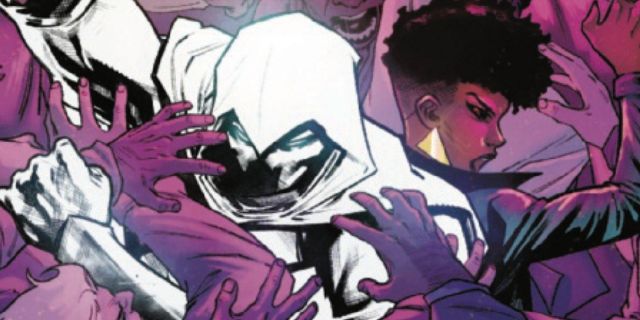
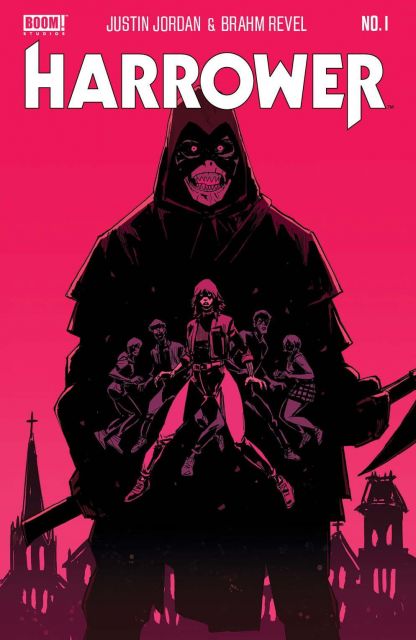
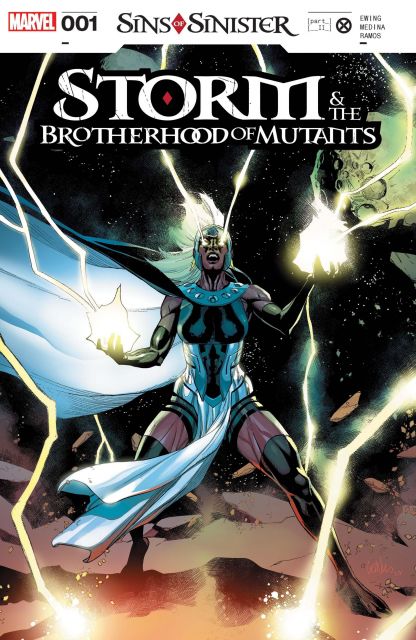
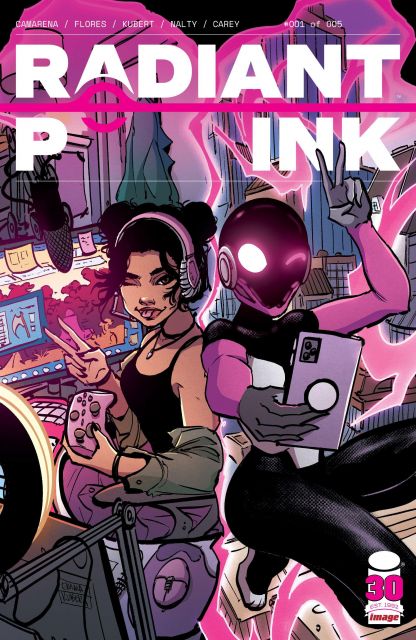
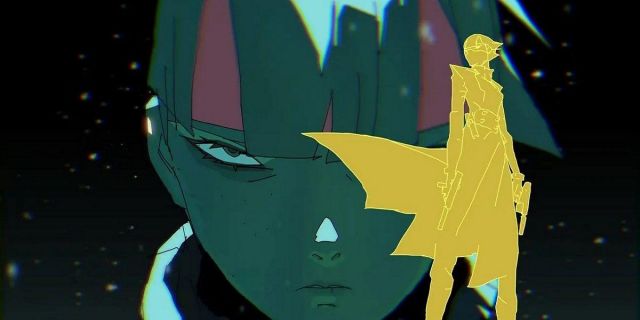




Leave a Reply